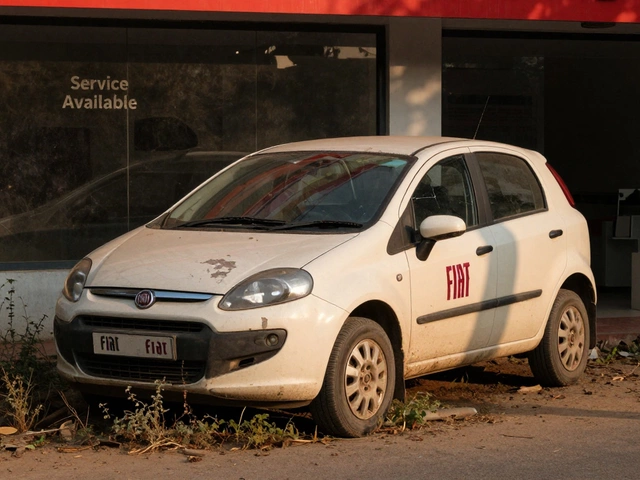Indian Car Laws: A Practical Guide for Drivers and Buyers
Buying or driving a car in India can feel like navigating a maze of rules. The good news? Most of the paperwork is straightforward once you know what’s required. Below you’ll find the must‑know parts of Indian car laws, broken down into simple steps you can follow today.
Key Rules for Registering Your Car
Registration starts at your local Regional Transport Office (RTO). First, gather the sale certificate, insurance policy, and a temporary permit if you’re still in the showroom. Fill out Form 20 (new registration) and Form 21 (sale certificate). Pay the registration fee – it varies by state and engine size – then get your number plates. Most states now allow online applications, which can cut the waiting time in half.
Understanding Road Tax, Insurance, and Permits
Road tax is a one‑time charge based on the car’s age, value, and engine capacity. New cars pay the full amount; used cars get a reduced rate. Next, you need a valid third‑party insurance policy – it’s the law and protects you in case of an accident. Some states also require a Fitness Certificate after two years, confirming that the vehicle meets safety standards.
Emission norms are another piece of the puzzle. From BS‑IV to the newer BS‑VI standards, your car must pass a pollution check at an authorized lab. If you plan to use the vehicle for commercial purposes, get a commercial permit and, if necessary, a permit for transporting goods. Skipping any of these steps can lead to fines or even a seizure of the vehicle.
Driving licenses follow a similar pattern. First‑time riders need to pass a written test and a practical driving test. For cars, the learner’s license is valid for six months, and you must complete at least 30 days of supervised driving before applying for a full license. Some states now accept digital applications, so you can avoid long queues at the transport office.
What about interstate travel? Your registration and insurance are valid across India, but you should carry the original documents, a copy of the registration card, and a valid Pollution Under Control (PUC) certificate. Police can request to see these at any time, especially during traffic checks.
If you ever sell your car, you must submit Form 29 (notice of transfer) and Form 30 (application for new registration) to the RTO within 30 days. Failing to do so can hold the buyer responsible for any penalties. A smooth transfer protects both parties and keeps the record clean.
Lastly, keep an eye on rule changes. Indian car laws evolve with new safety tech, environmental standards, and court rulings. Subscribing to a local transport department newsletter or checking the official website every few months can save you from unexpected fines.
Follow these steps, and you’ll stay on the right side of the law while enjoying your ride. Got a specific question? Drop a comment, and we’ll help you sort it out.





